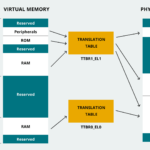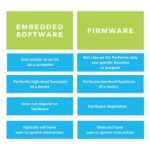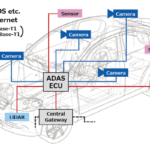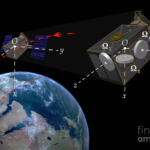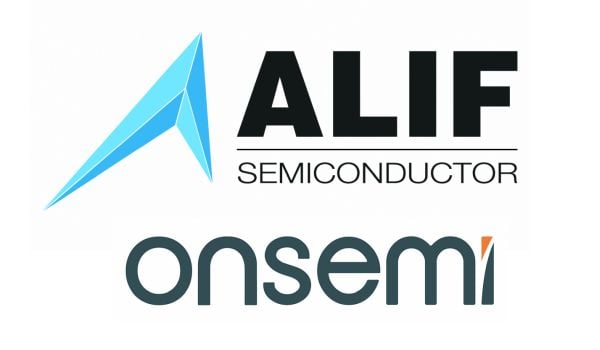 Alif Semiconductor and onsemi collaborated to create a complete camera reference design to maximize performance and efficiency for low-power applications using machine vision such as supplemental security cameras, biometric ID passage control, retail management, and smart eyewear.
Alif Semiconductor and onsemi collaborated to create a complete camera reference design to maximize performance and efficiency for low-power applications using machine vision such as supplemental security cameras, biometric ID passage control, retail management, and smart eyewear.
The challenge of implementing imaging products with long battery life and enough localized AI/ML capability to be useful comes down to power consumption, ML inference latency time, and many times fitting into a restrained physical space. These issues are addressed by combining technologies from Alif using a highly integrated low-power MCU, and a compact low-power image sensor from onsemi.
Alif’s Ensemble family of secure microcontrollers (MCUs) contain an ample amount of on-chip memory to store and process all image data without the need for external components that add cost, size, and consume extra energy. To further reduce power consumption, Alif’s proprietary aiPM technology utilizes dual-processing regions within the MCU that uniquely accelerate machine learning. The MCU’s High-Efficiency region is designed to be always on to sense the environment, while the MCU’s High-Performance region wakes as needed to rapidly execute heavy workloads and return to sleep. For example, the High-Performance region can complete an ML inference for object detection in just 786 μsec, which is 87 times faster than a typical competing ArmCortex-M-based MCU running the same task at a similar clock frequency. The dual processing regions in Ensemble MCUs enable extremely long battery life by serving up the optimum amount of processing power at any given time to satisfy immediate requirements.
onsemi provides image sensors with a wide choice of resolutions, optical formats, and technologies for IoT applications including drones and barcode scanners. The ultra-miniature ARX3A0 sensor in this reference design is extremely low power, drawing less than 3.2 mW while active.
For more information, come to the onsemi booth (101) in hall C4 at electronica on 15 Nov 2022.

